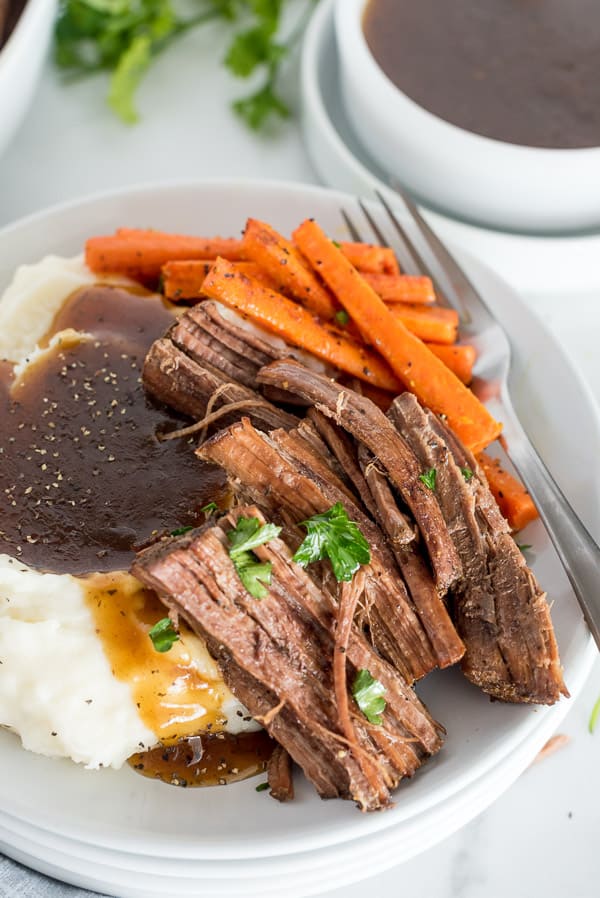Meat Cooking Techniques to Perfect Barbecuing, Roasting, and More
Meat Cooking Techniques to Perfect Barbecuing, Roasting, and More
Blog Article
From Ranch to Table: Fresh and Premium Meat Choices
The journey of meat from ranch to table envelops a complex interaction of top quality, ethics, and sustainability. With an enhancing focus on fresh and exceptional choices, consumers are now much more likely to consider the beginnings of their food, leading to a renewed concentrate on sustainable farming practices and animal well-being requirements. This change not only enhances the dietary profile of meat however likewise supports regional economic climates. The ramifications of these selections extend far beyond individual wellness and neighborhood farming. What does this mean for the future of food systems and customer behaviors?
Comprehending Meat Sourcing
As consumers become significantly knowledgeable about the origins of their food, comprehending meat sourcing has actually gotten paramount value. Meat sourcing involves tracing the trip of meat from farm to table, including different elements such as farming methods, pet welfare, and ecological influence. This recognition encourages consumers to make enlightened selections that line up with their worths, especially relating to sustainability and ethical considerations.
The sourcing of meat can vary dramatically based upon multiple standards, including the sort of animals, farming approaches, and geographical place. For example, grass-fed beef frequently comes from pasture-based systems that promote animal well-being and decrease ecological deterioration. On the other hand, traditional meat might include intensive farming practices that increase worries relating to antibiotic usage and environment destruction.
In addition, traceability plays an important function in meat sourcing. Understanding the certain ranch or region where the meat stems aids customers ensure quality and safety. Several consumers currently seek certifications or tags that suggest humane treatment and lasting methods, showing a growing need for transparency in the food supply chain. Inevitably, comprehending meat sourcing not only improves consumer option however likewise fosters accountable intake and supports ethical farming practices.
Advantages of Fresh Meat
Picking fresh meat provides many advantages that prolong beyond taste and texture. Fresh meat typically maintains higher nutritional worth compared to its frozen or refined equivalents. It is typically richer in vital vitamins and minerals, such as B vitamins, iron, and zinc, which are vital for preserving total health.
Furthermore, the sourcing of fresh meat typically entails much shorter supply chains, decreasing the time in between ranch and table. This implies that the meat is less most likely to shed its dietary stability throughout transport and storage. Additionally, consumers can experience improved taste and juiciness, which can boost culinary experiences.
Fresh meat also provides a possibility for customers to support neighborhood farmers and advertise sustainable farming practices. When purchasing from local sources, people can add to their neighborhood economic situation and cultivate a higher connection to the food they consume.
Last but not least, fresh meat is generally without the chemicals and ingredients frequently discovered in processed choices. This makes it a cleaner, much healthier alternative for those looking to lessen their intake of artificial components. In general, the benefits of picking fresh meat encompass health and wellness, taste, and a feeling of area engagement.
Animal Well-being Criteria
Making certain high animal welfare requirements is vital for both moral factors to consider and the quality of meat products. The treatment of animals directly affects not just the moral ramifications of meat manufacturing yet also the total quality and security of the end products. a fantastic read Pets elevated in gentle problems are much less stressed, leading to healthier pets and, subsequently, superior meat top quality.
Regulations and qualifications concerning animal well-being have come to be increasingly significant in the meat market. These frameworks ensure pets are given with adequate area, correct nourishment, and humane handling throughout their lives. Practices such as pasture-raised systems and free-range settings contribute to better pet welfare by allowing animals to display all-natural habits, which is important for their wellness.
Moreover, customers are ending up being much more discerning pertaining to the resources of their meat, causing an expanding demand for items that abide by rigid pet welfare requirements. This shift not just advertises moral farming practices however additionally motivates manufacturers to adopt procedures that enhance the wellness and welfare of their pets. Meat. Inevitably, prioritizing animal well-being is not simply a moral imperative; it is also a path to producing premium-quality meat that fulfills customer expectations

Sustainable Farming Practices
Sustainable farming techniques play an essential role in enhancing both pet well-being and the high quality of meat products. By applying rotational grazing, farmers can promote healthy and balanced field ecosystems, allowing pets to feed on nutrient-rich lawns while preventing overgrazing.
Additionally, sustainable farming frequently incorporates integrated parasite management and organic feed choices, lessening using harmful chemicals. This method not just safeguards animal wellness however likewise leads to cleaner, much safer meat items for customers. Water conservation strategies, such as rainwater harvesting and reliable irrigation systems, further add to sustainable methods, ensuring that resources are utilized judiciously.
Moreover, cultivating biodiversity via polyculture systems and maintaining habitats for wildlife enhances the strength of farming ecosystems. By focusing on these sustainable methods, farmers can generate top notch meat that meets customer need while promoting environmental balance. Ultimately, accepting sustainable farming practices is essential for developing a much more liable and durable food system that benefits pets, farmers, and consumers alike.
Choosing Quality Over Amount
Regularly, customers visit this site right here are faced with the problem of picking between quantity and quality when it comes to meat items. While buying bigger amounts might appear economically beneficial, the long-lasting benefits of picking high-quality meat far surpass the instant cost savings. Quality meat is usually sourced from animals increased in sustainable atmospheres, where they are offered appropriate nourishment and care, leading to premium taste and dietary value.
Premium meats are generally devoid of unsafe ingredients, hormonal agents, and antibiotics that are commonly existing in mass-produced choices (Meat). This not only guarantees a healthier eating experience but also sustains moral farming practices that prioritize pet welfare. Additionally, costs meats tend to have a far better texture and flavor, boosting the overall culinary page experience
Investing in top quality meat motivates customers to value smaller sized portions, allowing for a more mindful strategy to consuming. This shift not just influences personal wellness favorably but likewise promotes sustainable intake patterns that can profit the setting. In final thought, prioritizing quality over quantity when selecting meat items fosters an extra responsible and health-conscious lifestyle, ultimately enhancing both the dining experience and the planet.
Conclusion

Report this page